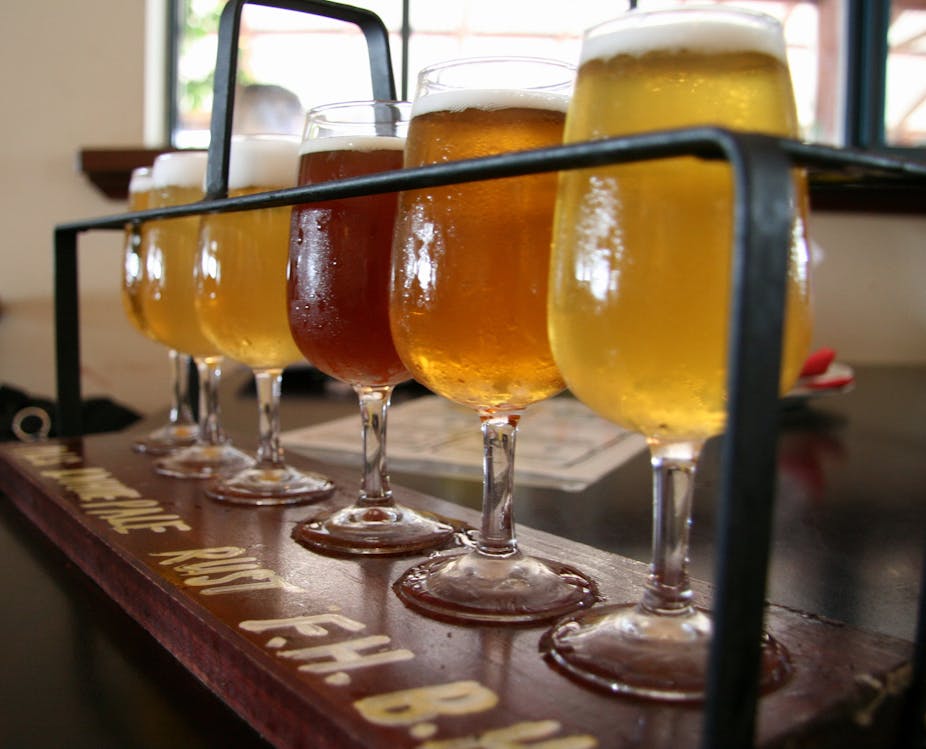It’s difficult to believe that the iconic Foster’s beer brands, which include VB, Crown Lager and Cascade, could be next to fall into the hands of foreign owners.
If they do, this will mean that over half of the industry –in terms of market share – will be either directly or indirectly owned by foreign interests.
This week’s takeover offer from SABMiller is part of the South African brewer’s move to create global brand, and even boutique global beer brands.
Foster’s rejected the bid, but this story is far from over. SABMiller will no doubt make further offers, and it is likely that other global brewers will make rival bids.
For Australia, this has far reaching consequences well beyond what beer we drink, how it’s made and who owns it.
Global brewers like SABMiller tend to be aggressive buyers of domestic brands and opportunities.
They see value in national brands, an the opportunity to expand their market power well beyond the brands they purchase.
Such brewers have the ability to market and distribute brands on a global scale, squeezing all the value from the brand they acquired.
It’s important to note that Australia has enjoyed a boom in boutique beer over the past couple of decades, despite a heavy concentration in beer retailing in the hands a only a few players.
The two major retailers, Coles and Woolworths, account for more than a third of all the beer sold, which leaves the boutique brands – along with diversity and choice –constantly under threat. It also means that the smaller distributors and resellers are always under pressure from the larger suppliers and retailers.
A foreign takeover of Foster’s has the potential to place more strain on this sector of that market, and consequently, poses significant challenges for new ACCC Chairman Rod Sims.
It will also test how well the new restructured competition law will be enforced.
If SABMiller is successful, then the new owners will be able to execute a strategy that may include a move to further dominate shelf space, bars and hotels. Slowly, diversity will be limited.
The lessening of competition is not a remote consequence. It is the well-worn path of any new owner of a supplier in a market which is prone to market concentration.
In the past two decades there have been many mergers authorised and blessed by the regulator and in many instances by government.
Often there were many undertakings made to preserve competition, access to markets, in support of the public interest.
In the world of commerce, budgets, sales, market share tend to dominate the agenda of suppliers who control the dominate supplier.
The entrance of a new large player could spell and end to the boom in boutique brewers, and stifle what is becoming – against all odds – one of Australia’s most vibrant industries.

